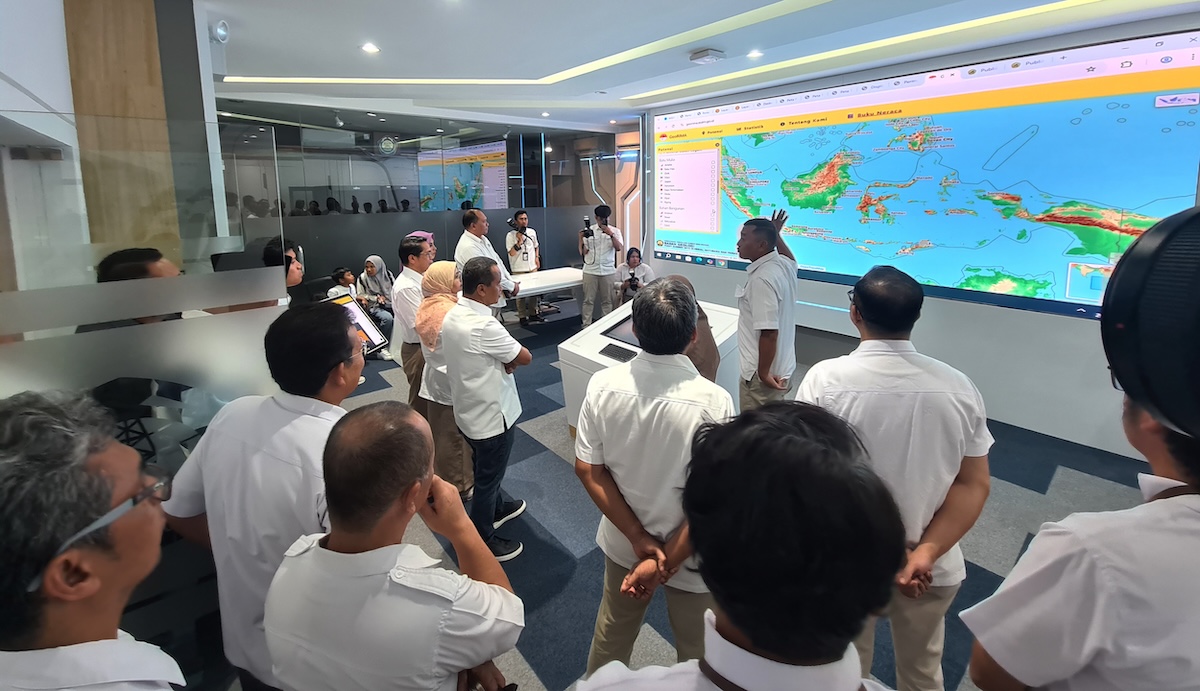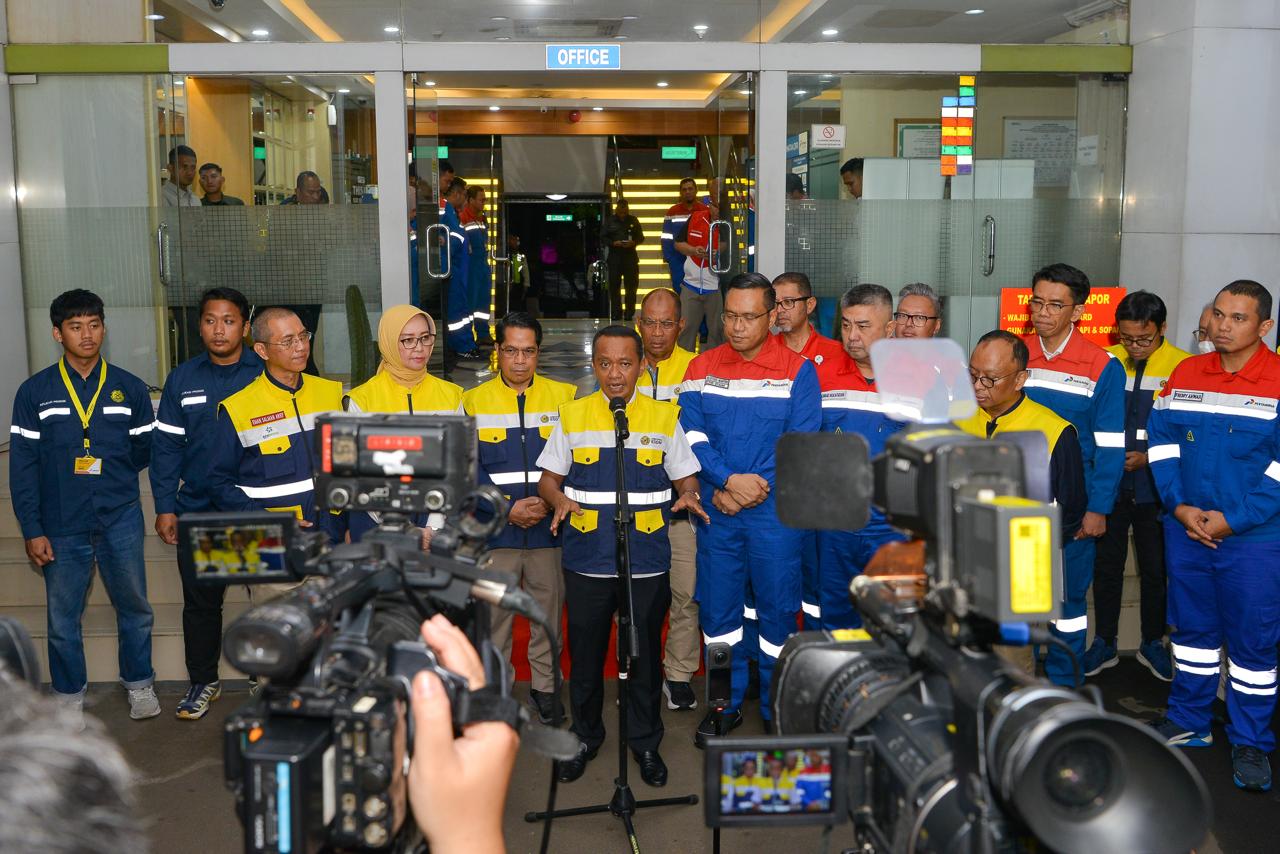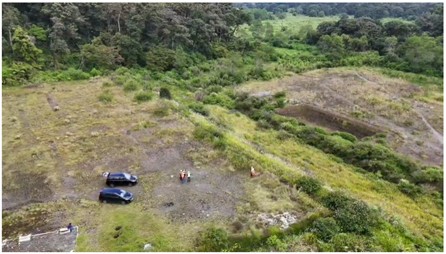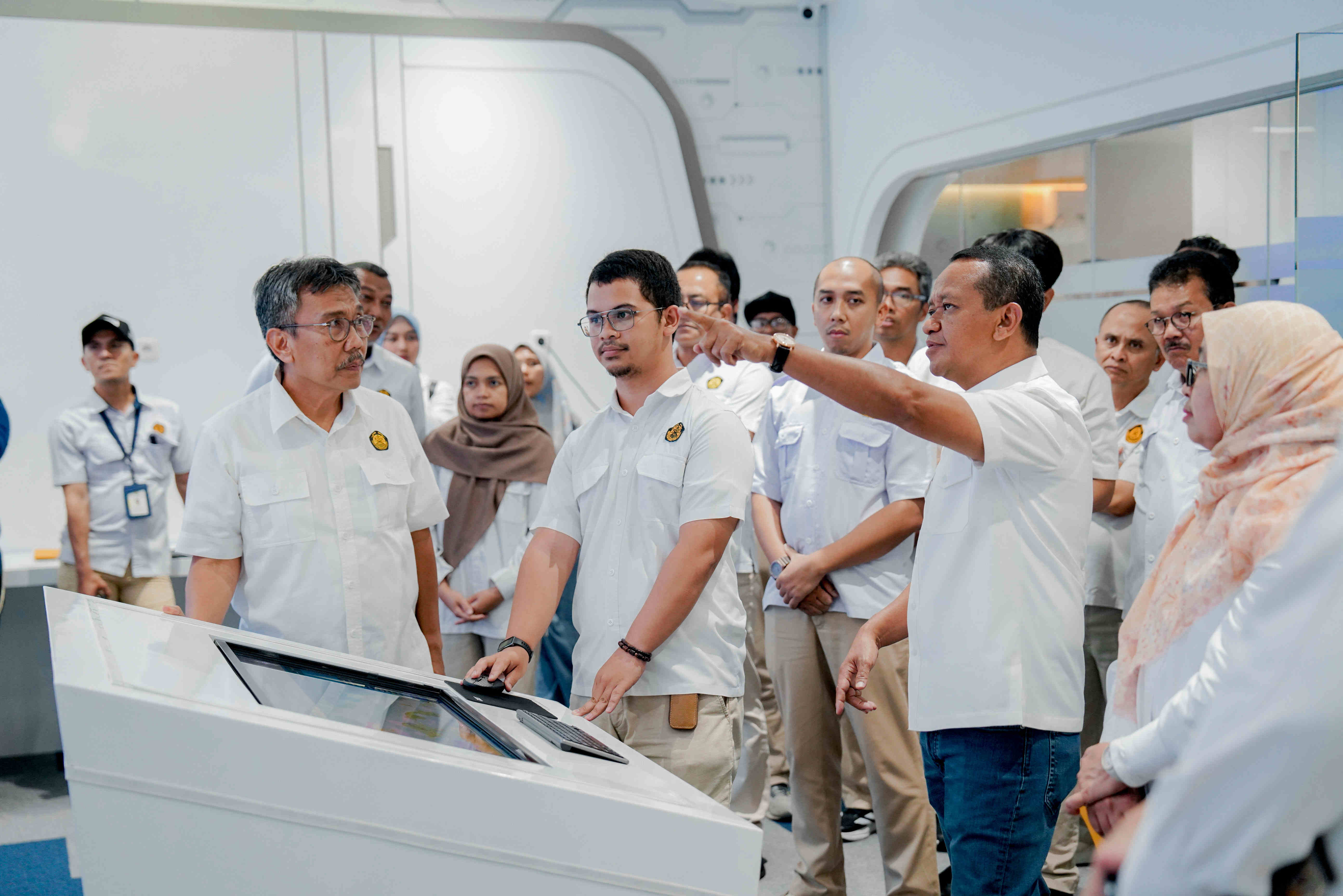2 Historical Moments for Upstream of Indonesia Oil and Gas
JAKARTA - Wednesday (18/1), a Minister of Energy and Mineral Resources (EMR) Ignasius Jonan, has witnessed the signing of a contract for the production of oil and gas (oil) Working Area (WK) Offshore North West Java (ONWJ) between Special Task Force for Upstream Oil and Gas Business Activities (SKK Migas) and Contractor Cooperation Contract (KKKS) Pertamina Hulu Energi (PHE). Production sharing contract with effect from January 19, 2017 until January 18, 2037 using the Production Sharing Contract (PSC) by Gross Split scheme.
The contract signature recorded two historic moment for Indonesian upstream oil and gas industries. The first history that Indonesia signed a gross split scheme for the first time. Previously, Indonesia prefers to use the cost recovery scheme, although the use of other contracts is possible in Act Number 22 of 2001 on Oil and Gas. The second history, PHE as a part of the State Owned Enterprises (BUMN) is the first KKKS to take a role to carry out this gross split.
The government decided to start switching from cost recovery scheme has been used since decades ago to gross split scheme. This is caused by cost recovery issues and efficiency of operating cost for upstream oil and gas. Trending of cost recovery is relative increase every year. In 2010, cost recovery is about U$ 11.7 billion and increased to U$ 16.2 billion in 2014. Although based on data from 2015 and 2016 (unaudited), the amount of cost recovery had declined to U$ 13.7 billion and U$ 11.5 billion due to lower world oil price. In 2016, the oil and gas revenues of the Government is only U$ 9.9 billion, or lower than the cost recovery of around U$ 11.4 billion. The condition is more than the amount of cost recovery occurred reception parts of the country since 2015.
By using the gross split scheme, a state revenue became more certain because the amount of profit sharing (base split) for Government and the Contractor has been decided in beginning, which amounted to 57%: 43% for oil and 52%: 48% for natural gas. The base split does not include a tax that paid by contractor to Government. The government also does not have to assure the management process of cost recovery. The cost of oil and gas will be the responsibility of the Contractor, then the Contractor will encourage efficiency in the operating spending.
Although the production sharing is decided at the beginning, the State still will not lose a control of the working area because the State still holds a decision of the working area, the determination of oil and gas production and lifting capacity was determined by the state, as well as the production is divided at the handover point. The calculation of oil and gas revenue in the State Budget (APBN) would not be disturbed because the Government does not need to consider the cost of oil and gas operation that were previously incurred by the contractor to be included in the APBN.
The implementation of the gross split scheme will make the KKKS' procurement process becomes simpler. The SKK Migas's function is as institution for upstream oil and gas business activities will be more focused and stronger. The government expects the gross split able to encourage investments because the contractor' split can increase or decrease based on the specificity of the conditions and oil and gas fields. By the gross split, if the oil price is less attractive, the contractors can get extra split up to 7.5%. It is stipulated in the Minister of EMR's Regulation Number 8 Year 2017 on Gross Split, which has been enacted on January 16, 2017. (NA)
Share This!






